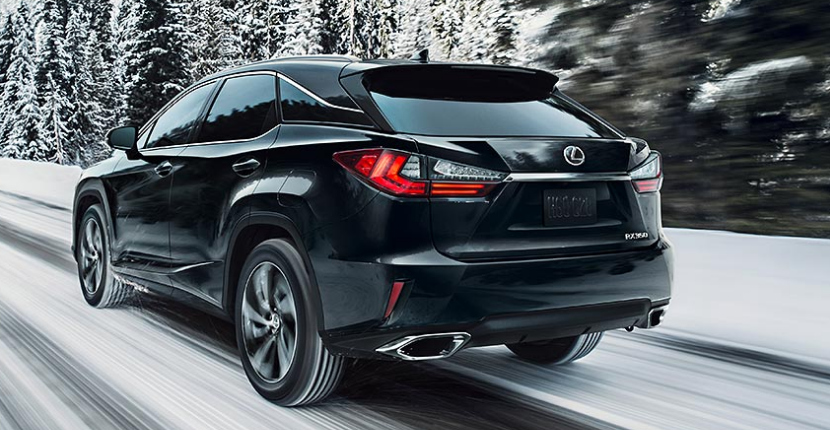Lexus Plans to Launch its First Hydrogen Fuel Cell Vehicle, the LS FCEV
As regulators crack down on vehicle emissions in attempts to reduce the harmful effects on the climate, environmental concerns have risen to the top of the priority list for many car companies. The auto industry is changing, and because of this, car makers everywhere are altering the way they’re building next generation vehicles.
Last year, several automakers switched from using steel to light-weight aluminum in the production of some of their vehicles. Aluminum has become the second most popular material in automobile construction for its a weight-saving and high-strength properties. It’s also not only less expensive and more environmentally friendly, but performs just as well as steel.
Lexus’ sister company, Toyota, is set to begin manufacturing the 2018 Camry with an aluminum hood, while its Japanese luxury counterpart is looking to add an aluminum hood, tailgate, and closures to the all-new RX CUV.
But when changing materials wasn’t enough, car makers began to experiment with alternative sources of fuel. Back in 1997, engineers at Toyota pioneered trails in green technology when it debuted the world’s first hybrid vehicle, the Prius. Now, they’re taking that industry-first technology and creating emission-free vehicles like the Toyota Mirai, one of the only production-ready hydrogen fuel cell cars on the market.
But how do fuel dells work? When adding hydrogen to the car, the gas is stored in carbon fiber fuel tanks, and the car’s front intake grills push the outside air through the fuel cell stack. The hydrogen then goes straight to the fuel cell stack and uses the oxygen to create a chemical reaction which in turn powers the vehicle.
With this kind of available technology and competition from the likes of the Mercedes Benz B-Class F-Cell, those of us here at Lexus of Highland Park knew that the Lexus team wouldn’t be far behind in producing a luxury fuel cell vehicle of its own, and the brand’s LS sedan is reportedly the first in line for a fuel cell makeover.
Utilizing the Toyota Fuel Cell System, the “LS FCEV” will possibly be equipped with a 150kW fuel cell stack under the front seats, two hydrogen tanks – one under the rear seats and the other under the rear parcel shelf – and a 250kW electric engine under the hood.
But even with all of this technology, the LS FCEV will be about 200kg lighter than its gas counterpart, and is said to get a range of up to 240 miles.
Light-weight and sustainable, the LS FCEV is the kind of future Lexus looking to create for both its vehicles and driving enthusiasts alike. So stop by Lexus of Highland Park today and experience the future of the automobile with any of our Lexus offerings.



